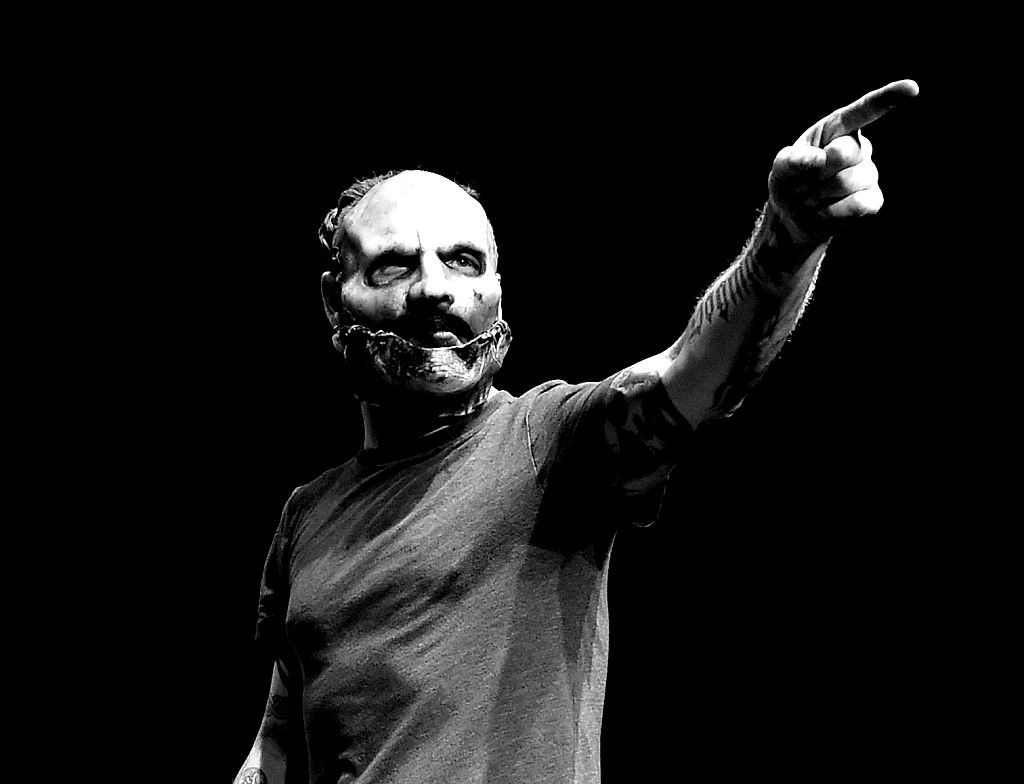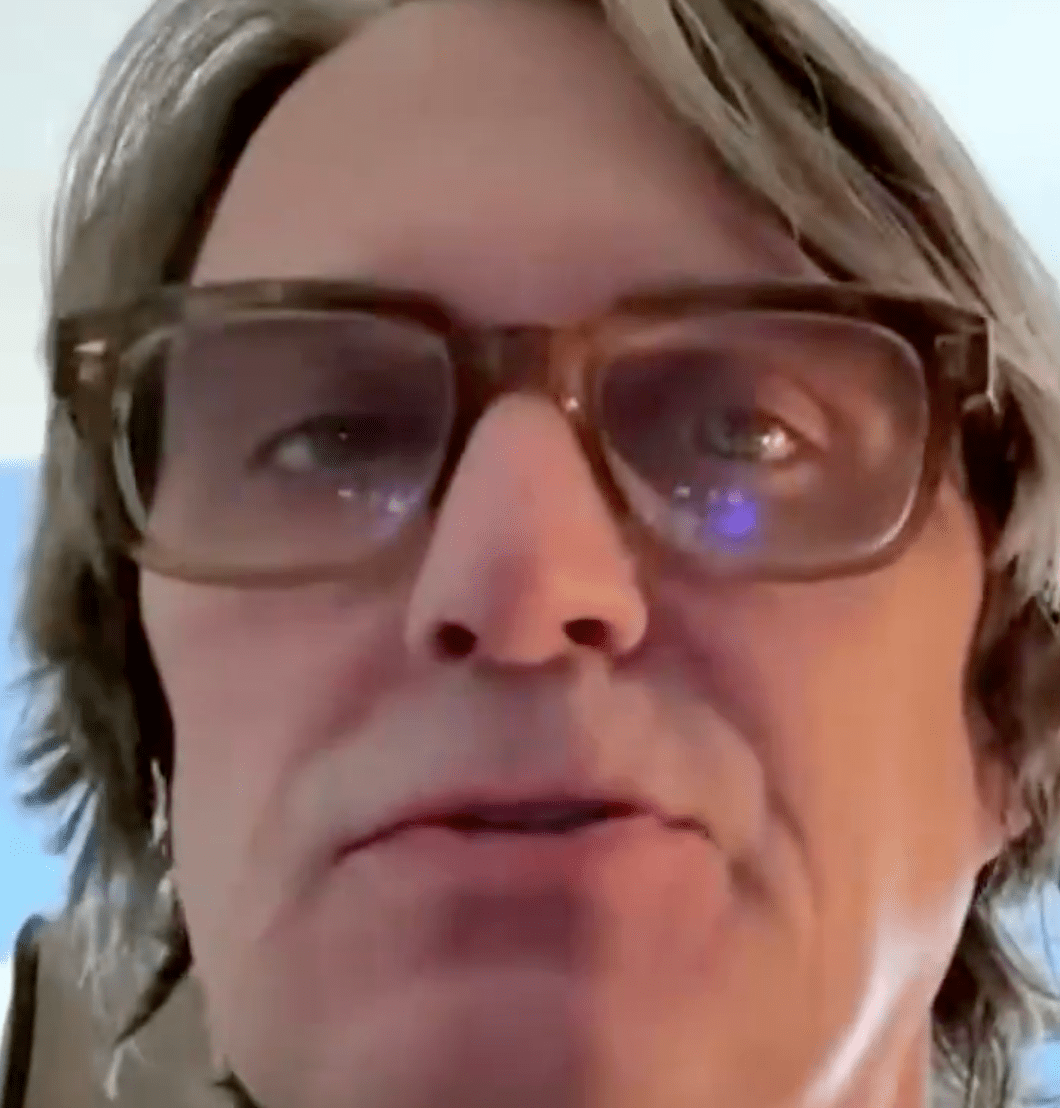David Bowie died two days after releasing Blackstar, and the prevailing narrative surrounding the album is that it was intended as a parting gift, a final goodbye from a man who knew his own death was imminent. But Francis Whately's upcoming documentary David Bowie: The Last Five Years, which airs on BBC on Saturday night, suggests that the Blackstar-as-farewell narrative was somewhat overstated.
"I still don't know if he started making Blackstar before he knew he was ill, or after," Whateley tells The Guardian. "People are so desperate for Blackstar to be this parting gift that Bowie made for the world when he knew he was dying but I think it’s simplistic to think that. There is more ambiguity there than people want to acknowledge. I don’t think he knew he was going to die...However, he must have known there was a chance he wasn’t going to recover, so, to do an album with a certain amount of ambiguity in it, is Bowie playing the cat and mouse game that he always played."
The film reveals that Bowie only discovered his cancer was terminal three months before he died, while he was in the process of filming the "Lazarus" music video. The video, which features Bowie singing lines like "Look up here, I'm in heaven" from a hospital bed, is often seen as proof that Bowie knew he was on his deathbed. But Johan Renck, who directed the video, says that he came up with the concept a week before the prognosis. "I immediately said ‘the song is called 'Lazarus,' you should be in the bed,'" Renck says. “To me it had to do with the biblical aspect of it...it had nothing to do with him being ill."
David Bowie: The Last Five Years is Whately's follow-up to his 2013 film David Bowie: Five Years, which focused on five of the singer's most significant years between 1971 and 1983. In contrast, this new one is an in-depth look at the making of The Next Day, Blackstar, and Lazarus, Bowie's first (and last) stage musical. "This period hadn’t been explored by anybody so it was very interesting territory," Whately says. “In some ways he seems to have worked harder in that period than at almost any other time, except the beginning of the 1970s when he was producing Ziggy Stardust, Hunky Dory and Aladdin Sane."






